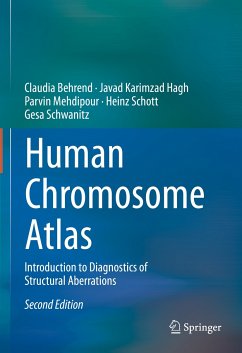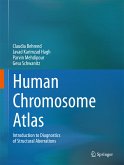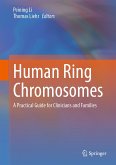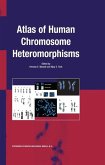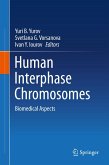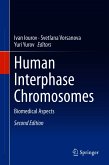Split in four parts, it starts with a comprehensive introduction covering the molecular cytogenetic basics, the role of ethic committees and international quality control in the field of diagnostics. The main parts II and III, demonstrate the spectrum of the different types of chromosome abnormalities by a combination of karyogram and ideogram, it compares the expressiveness of different banding techniques, and it gives the karyotype formula and describes morphological peculiarities of each presented case. The final part, provides a detailed description of variants of non-coding DNA and focuses on potential problems in detecting aberrations and mentions necessary additional investigations and peculiarities, which have to be taken into account when counseling carriers of a chromosome aberration or their relatives.
Given its comprehensive scope andpractical approach, this atlas is an indispensable resource for researchers, clinicians and practitioners working in the field of cytogenetics and clinical genetics.
Dieser Download kann aus rechtlichen Gründen nur mit Rechnungsadresse in A, B, BG, CY, CZ, D, DK, EW, E, FIN, F, GR, HR, H, IRL, I, LT, L, LR, M, NL, PL, P, R, S, SLO, SK ausgeliefert werden.

